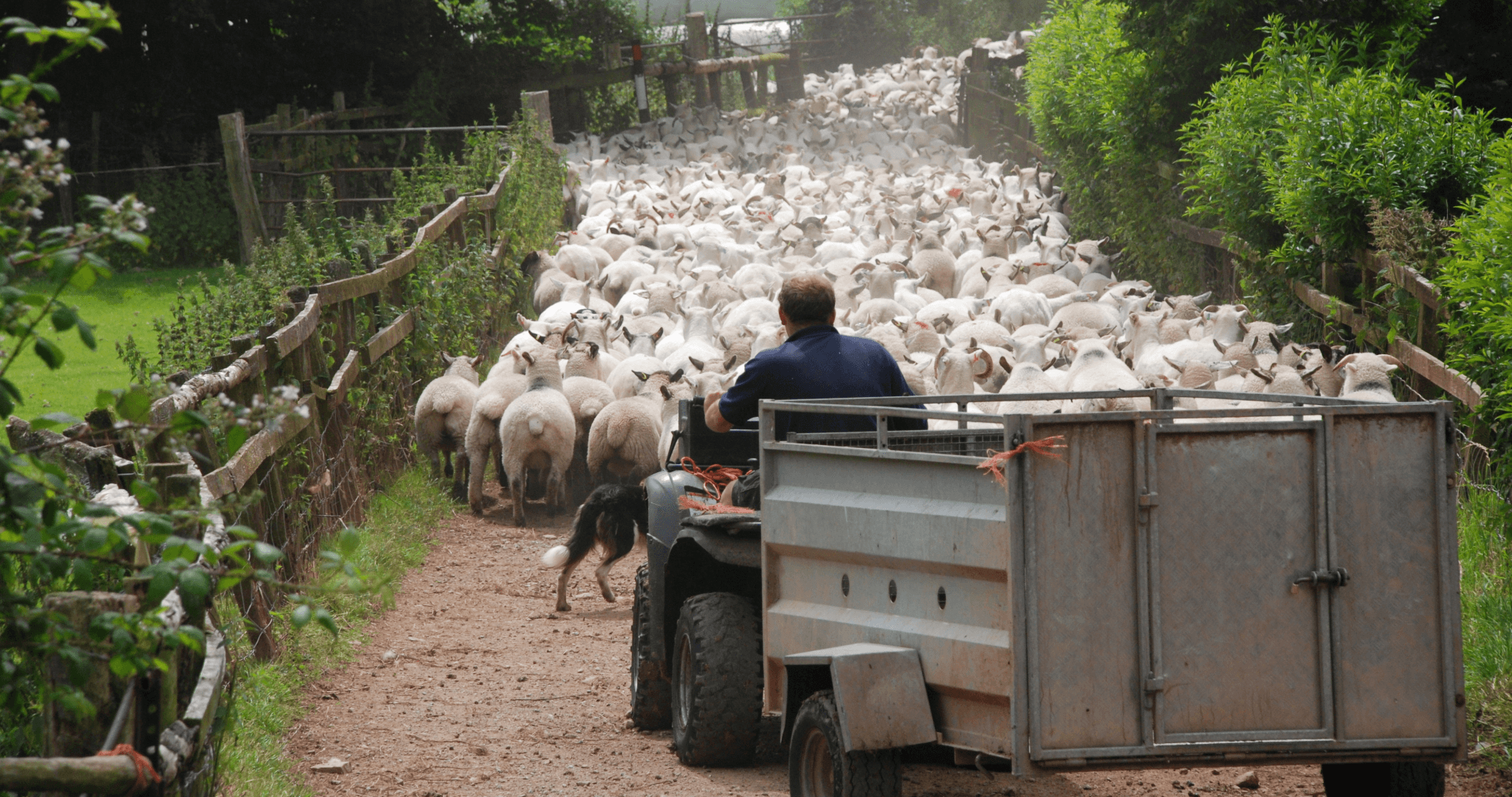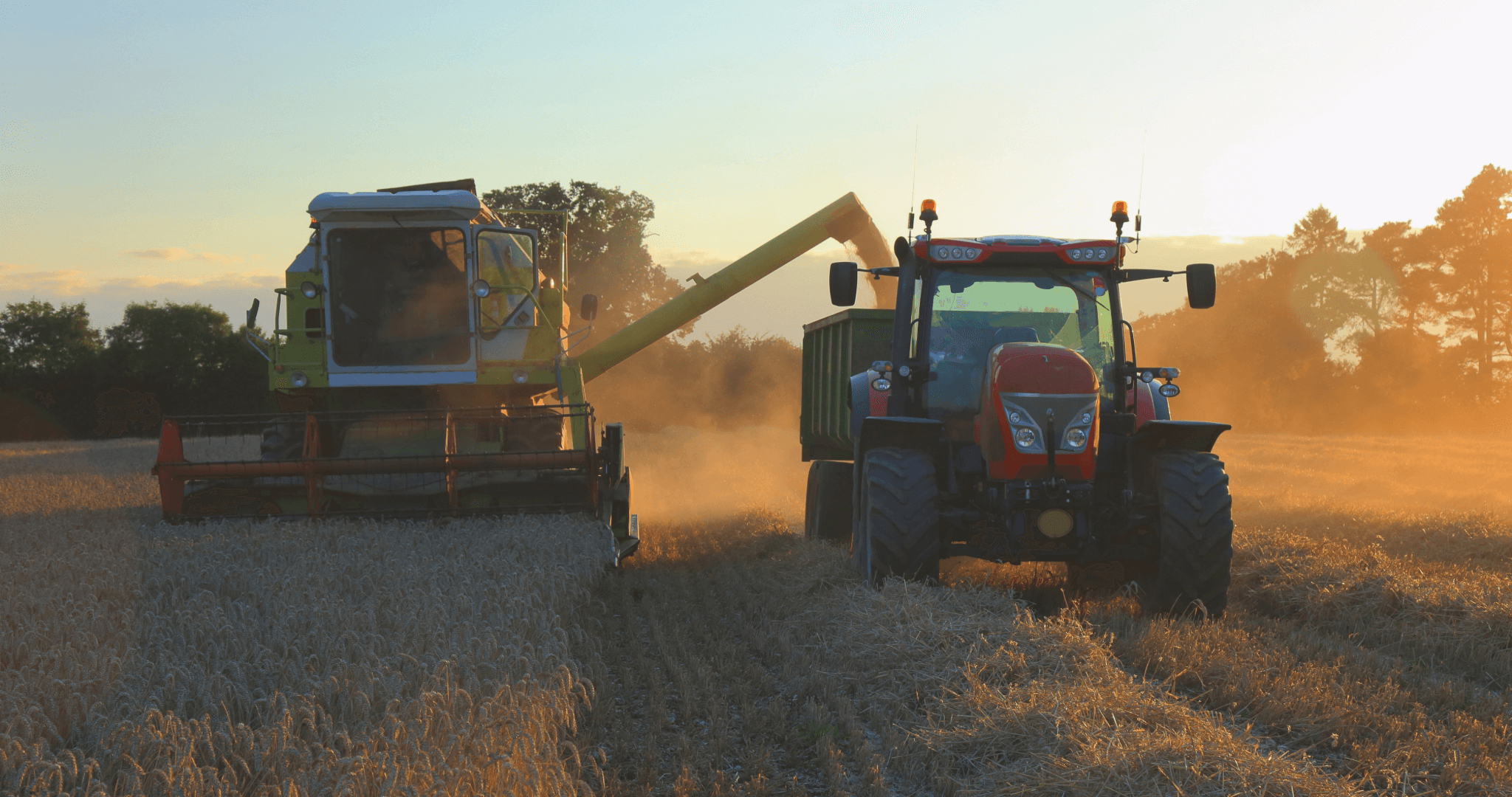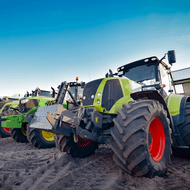UK Farmers Escalate Actions Against Cheaper Imports
Posted by Emma on 11th Feb 2024 Reading Time:
UK farmers are gearing up for intensified protests akin to those seen in France, expressing opposition to the influx of low-cost food imports facilitated by recent trade agreements. The initial demonstration, characterised by a slow-moving tractor convoy, effectively paralysed traffic around Dover, showcasing slogans like "No More Cheap Imports." This demonstration is part of a broader movement, with approximately 40 tractors and additional farm vehicles showcasing the agricultural sector's frustration.

The discontent among farmers is deep-rooted, stemming from challenges related to supermarket pricing strategies and the competitive pressure from cheaper, imported products. The recent gathering in Dover is just the beginning, with plans for more comprehensive actions being discussed. These protests reflect a significant concern over the sustainability of UK farming, exacerbated by the economic shifts post-Brexit.
By echoing past protests, such as the blockade of a Morrisons distribution centre and the large assembly in Carmarthen, Wales, farmers across the UK sign a strong message against the current trade and import policies. The movement is gaining momentum, with various campaigns like Get Fair About Farming entering the fray, advocating for equitable treatment and recognition of the UK's agricultural standards.
Organisers of the Dover protest, Andrew and Jeff Gibson, underscore the national support for their cause, hinting at broader actions targeting key logistical hubs to amplify their message. The inspiration comes from French farmers who successfully negotiated government concessions after similar protests, suggesting a potential roadmap for UK actions.
The protests directly respond to perceived inequities in the agricultural sector, including issues related to tariff-free imports and the challenges that Brexit poses to both exporting and importing goods. As highlighted by Sustain, the profitability crisis further complicated the situation, indicating negligible profits for farmers from their produce, a situation worsened by trade deals with countries like Australia and New Zealand.

The call for a "level playing field" resonates across the agricultural community, emphasising the need for fair competition and recognition of the high standards of UK-produced goods. This sentiment is echoed by the National Farmers' Union, stressing the importance of public support and sustainable practices within the agricultural sector.
The government is committed to supporting British farming through a maintained budget and new schemes for sustainable and profitable agriculture. However, the agricultural community's demands for fairness in the supply chain and equitable treatment in the market remain pressing issues.
Your insights and opinions are invaluable. Join the conversation below and share your thoughts on the challenges faced by UK farmers and the future of sustainable agriculture in the post-Brexit landscape.

